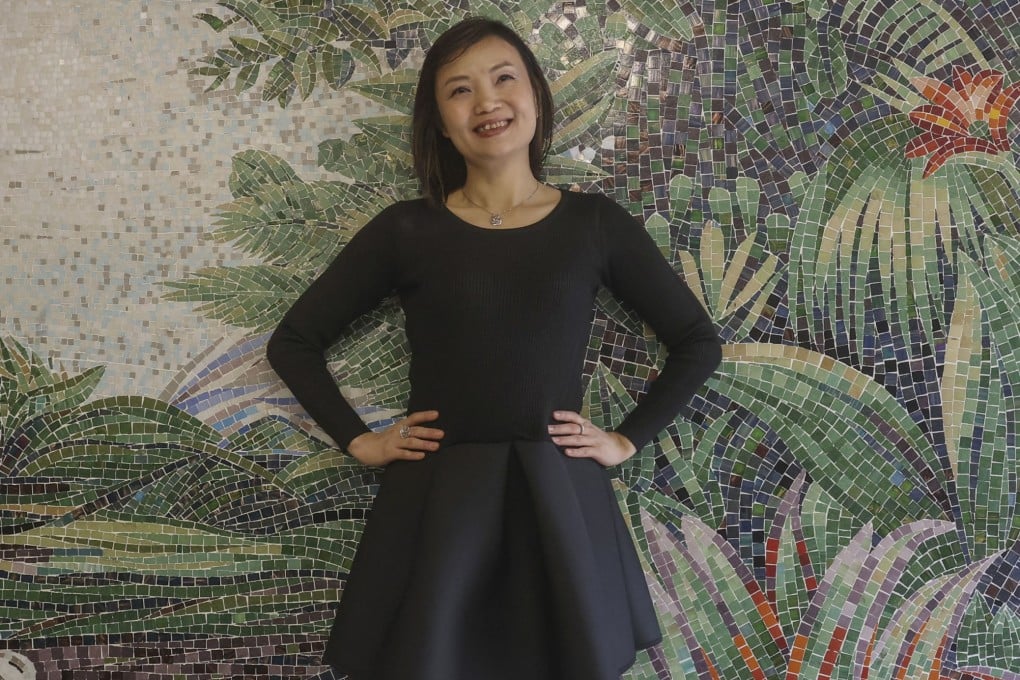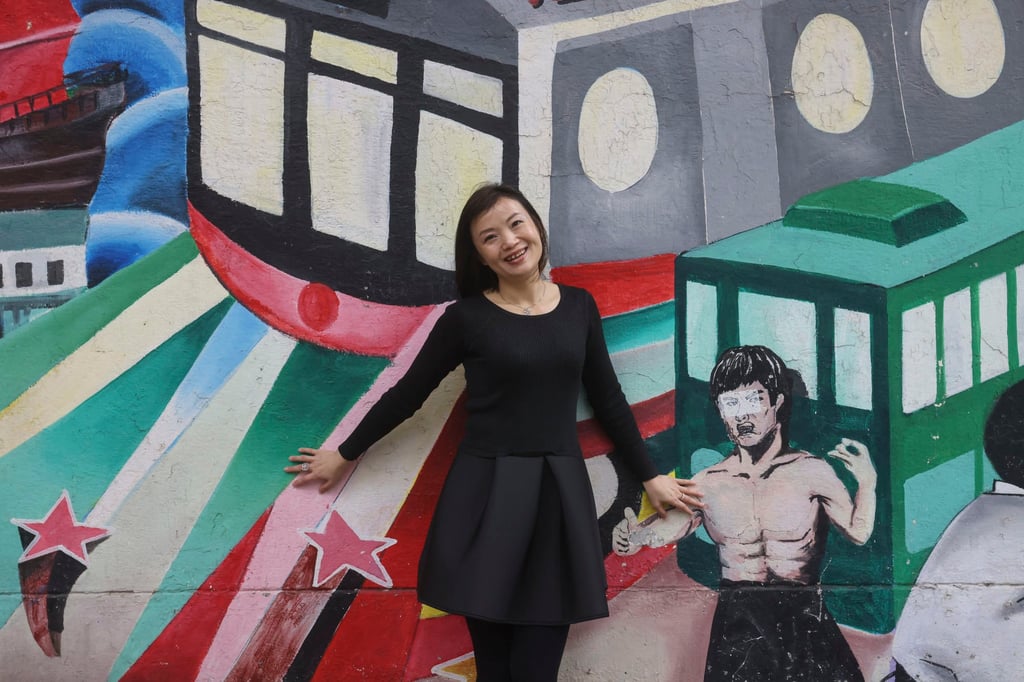Bullied, raped at 14, a breakdown over a B+ – how Hong Kong author triumphed over the odds
- Newly minted Hong Kong author Sonia Leung recalls life in a Diamond Hill slum, a devastating rape and how she finally fulfilled a dream by becoming a writer

In 1917, during the Warlord Era in China, my great-grandfather fled to Indonesia and worked as a labourer. He went on to make his fortune in the rubber plantations. My grandfather was born in Indonesia.
When my great-grandfather heard that the Communist government was going to build a new China, he sent money home. He returned to China in about 1940 and built a big family home, the Leung Mansion, and a school and hospital in his hometown of Nan’an, in Fujian province.
My father trained as a doctor and had an arranged marriage to my mother, a primary-school teacher. The government appointed them to work in Datian, in the north of Fujian province.
Unrequited love
I was born in 1974, in the hospital where my father was the resident doctor. I was the third of four children. We lived in a room in the staff quarters at the hospital until I was five, and then in the staff quarters at the school where my mother taught.

My father had fallen in love with my mother at first sight, but the love wasn’t reciprocated. He was a lonely and controlling man, everything had to be his way.